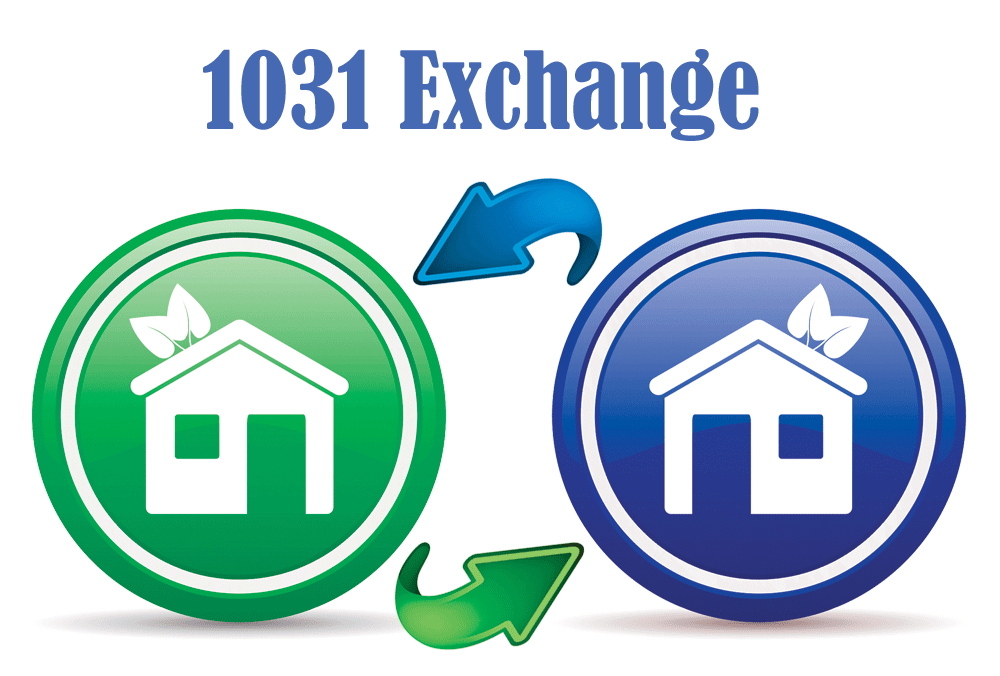1031 Exchange Guide

What Is a 1031 Exchange?
A 1031 exchange—named after Section 1031 of the Internal Revenue Code—allows real estate investors to swap one investment property for another and defer paying capital gains taxes. Instead of selling an asset, paying taxes, and then reinvesting what’s left, a 1031 exchange lets you reinvest the full proceeds into a new property and delay the tax hit.
This strategy is used by experienced real estate investors, agents, and title companies to grow wealth over time. In fact, many investors refer to the process as a verb: “Let’s 1031 that property.”
Key Takeaways
- A 1031 exchange allows you to defer capital gains taxes when selling one investment property and buying another like-kind property.
- Both properties must be held for business or investment purposes (not as your primary residence).
- The properties must be located in the United States to qualify.
- You must identify a replacement property within 45 days and close within 180 days.
- Any leftover cash or mortgage differences (“boot”) may be taxed.
How a 1031 Exchange Works
Instead of treating the sale of an investment property as a taxable event, a 1031 exchange “rolls over” your profit into another qualifying property. This means you only pay taxes when you eventually sell the property for cash rather than reinvesting it.
There’s no limit to how many times you can do this. If done correctly, you can continually defer capital gains and depreciation recapture taxes, letting your investments compound tax-free until you sell or pass the property on to your heirs.
Example:
You sell a commercial building and buy a multifamily apartment complex. As long as both are investment properties and located in the U.S., the exchange qualifies and your taxes are deferred.
Qualifying Properties
- Must be like-kind (investment or business real estate).
- Can be different property types (e.g., apartment for raw land).
- Must be located in the United States.
Primary residences generally do not qualify unless they’ve been converted to rental or investment use first.
Important Timelines
- 45-Day Rule: After selling your property, you have 45 days to identify up to three replacement properties in writing to a qualified intermediary.
- 180-Day Rule: You must complete the purchase of one of your identified properties within 180 days of selling the original property.
These time periods run at the same time. For example, if you identify a replacement property on day 45, you have 135 days left to close.
Reverse Exchanges
You can buy the replacement property before selling the original one and still qualify for a 1031 exchange. This requires using an exchange accommodation titleholder and still following the 45- and 180-day rules.
Tax Implications (“Boot”)
If you receive any leftover cash after the exchange, it’s called “boot” and will be taxed as capital gain. The same applies if your mortgage liability decreases.
Example:
You sell a property with a $1 million mortgage and buy a replacement property with a $900,000 mortgage. The $100,000 difference may be taxed as income.
Vacation Homes and 1031 Exchanges
It’s harder to use 1031 exchanges for vacation homes now. To qualify, the property must be rented out and treated as a true investment property. Simply offering it for rent without tenants won’t count.
The IRS safe harbor rule says you must:
- Rent the property to someone else for at least 14 days at fair market rent.
- Limit your personal use to 14 days or 10% of total rented days per year.
1031 Exchanges and Estate Planning
One of the biggest advantages of 1031 exchanges is estate planning. When you pass away, your heirs receive the property at a stepped-up market value, effectively erasing the deferred capital gains tax.
Reporting to the IRS
You must report a 1031 exchange by filing IRS Form 8824 with your tax return. This form requires:
- Descriptions of both properties.
- Dates of transfer and identification.
- Any relationship with the other parties.
- Liabilities assumed or relinquished.
If the form isn’t completed correctly, the IRS may treat the transaction as a taxable sale.
FAQs
No, unless you’ve rented it out for a significant time to convert it to an investment property first.
Only if it’s rented out and treated as an investment property under IRS guidelines.
It’s best to hold the property for several years to avoid IRS scrutiny.
A 1031 exchange is a powerful tax-deferral strategy for real estate investors looking to grow wealth. However, the rules are complex. Work with qualified intermediaries, accountants, and real estate professionals to ensure your transaction is done right.


